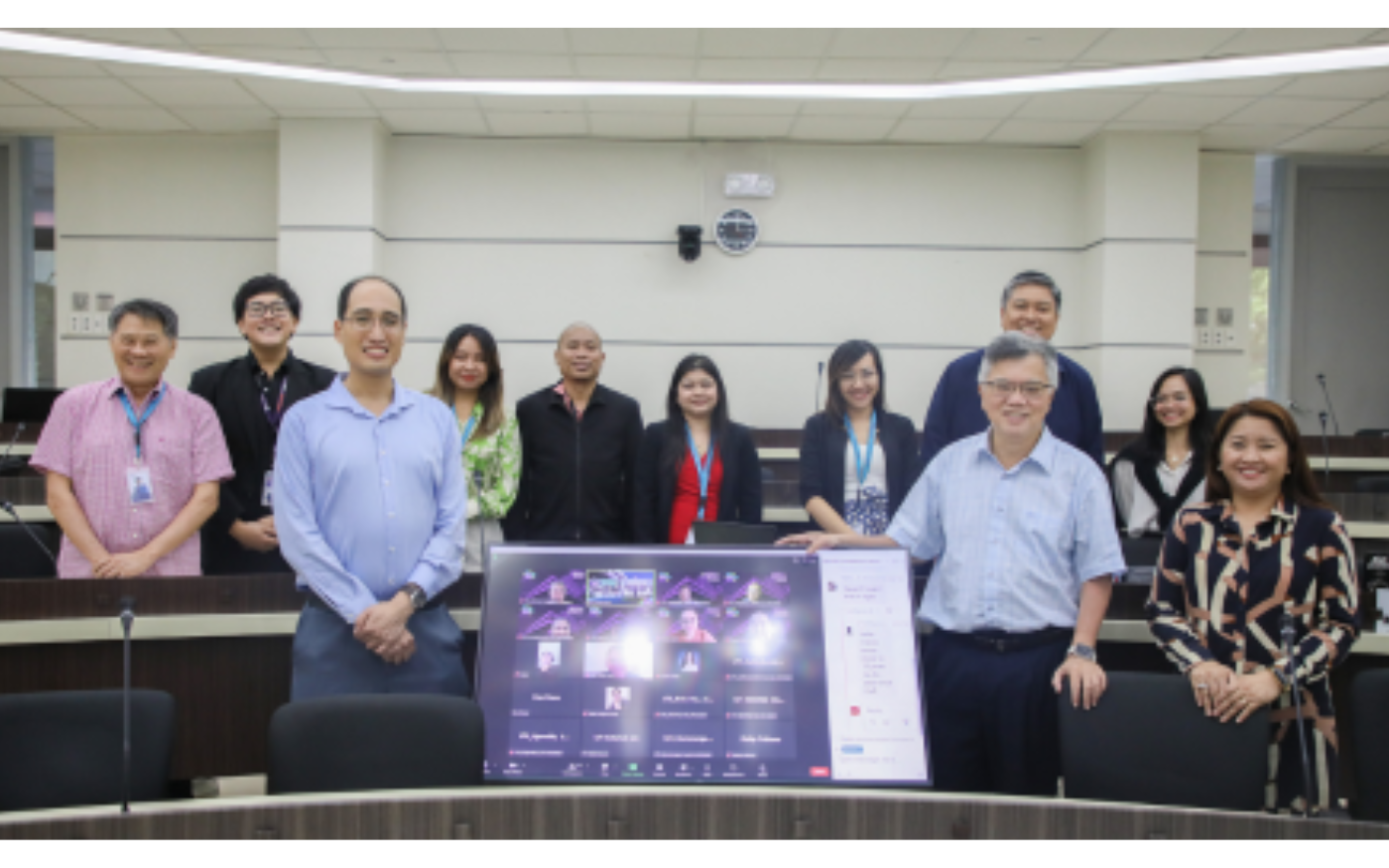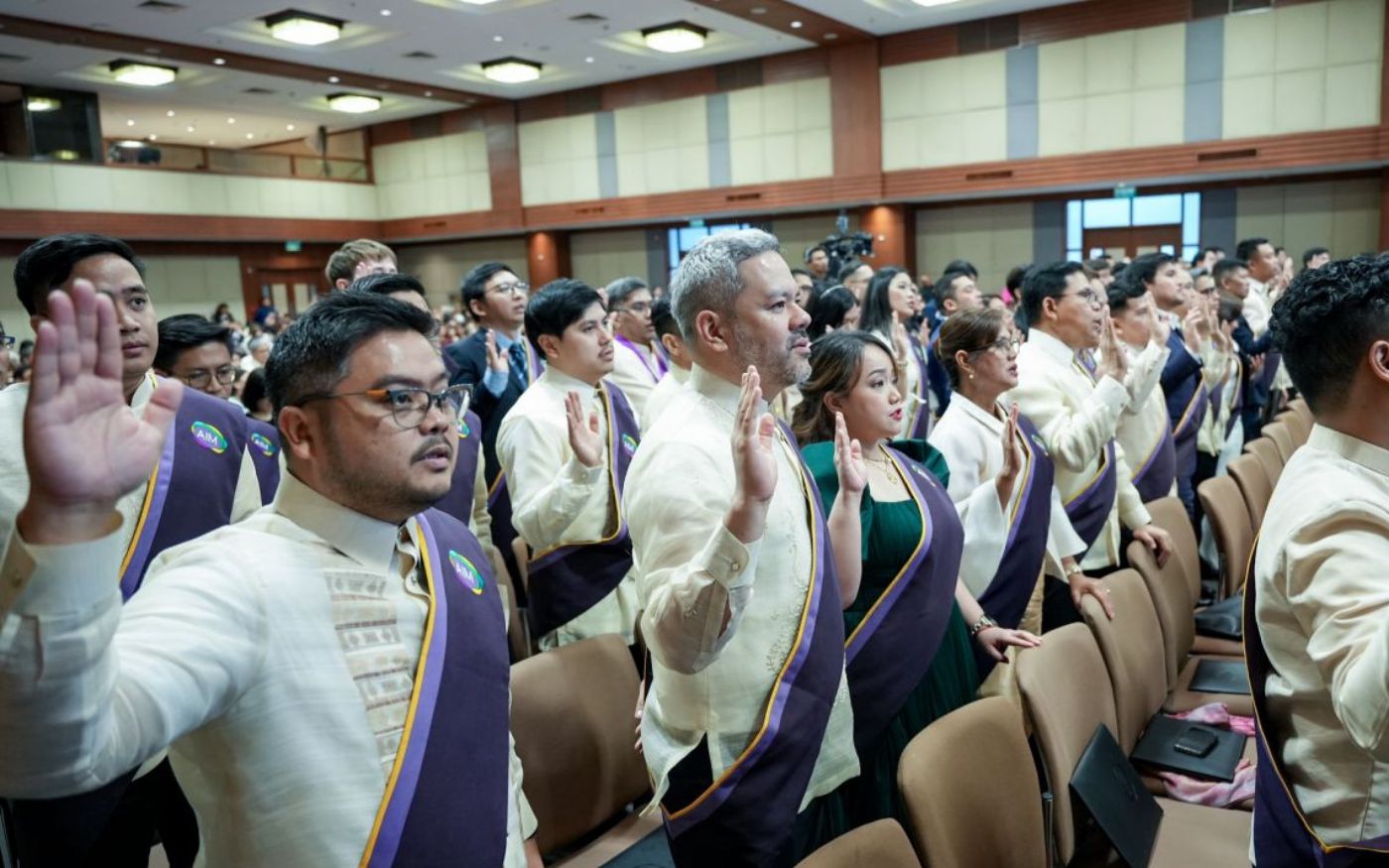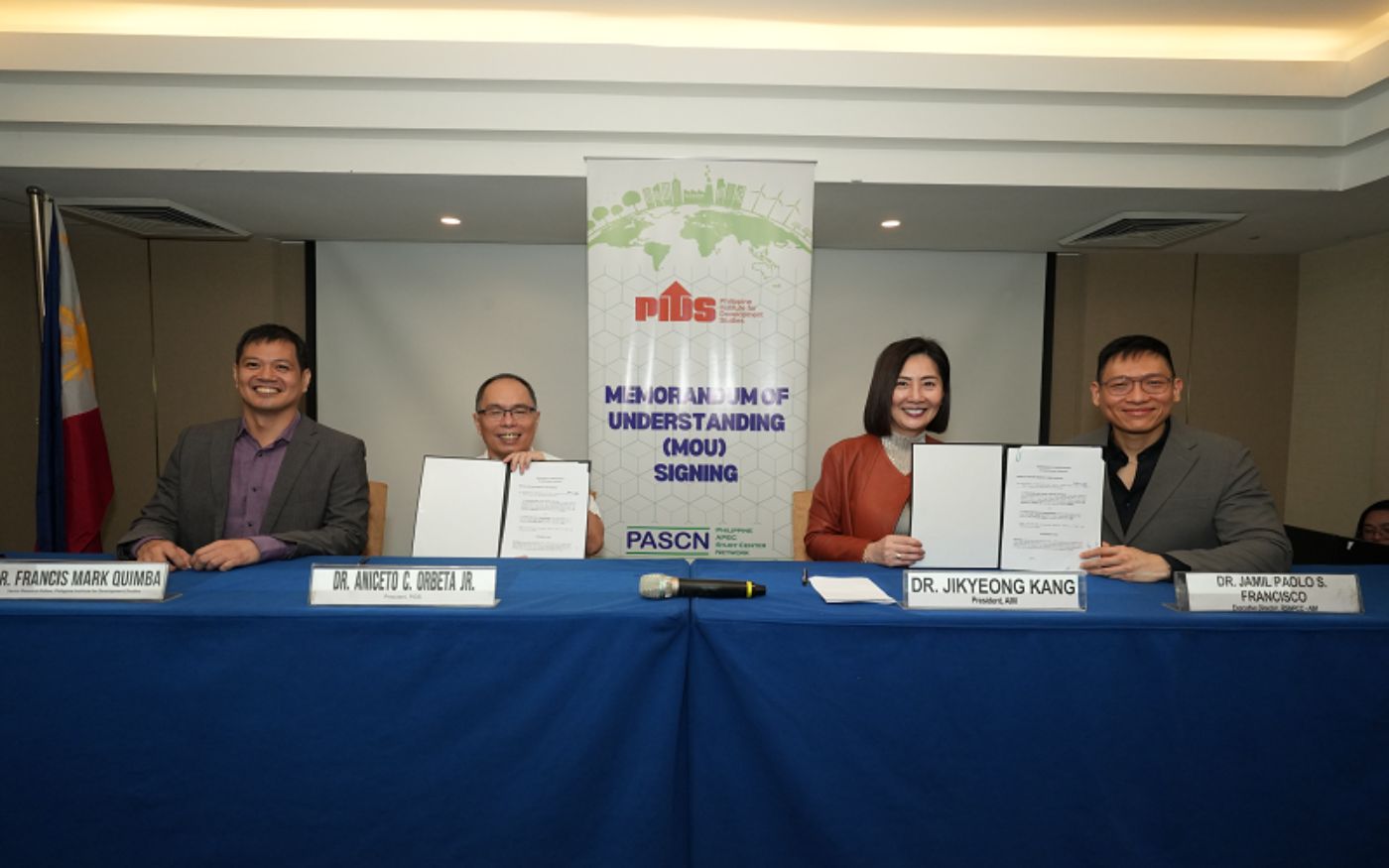MAKATI, Philippines – With remote work becoming a permanent fixture, shifting to remote access systems is vital, and solutions that provide encrypted and authenticated remote connections ensure secure access to organizational resources. The COVID-19 pandemic has accelerated this shift, highlighting the urgent need for robust cybersecurity measures due to the rise in cyberattacks targeting remote employees.
Addressing this need, the Asian Institute of Management (AIM) offers the Master in Cybersecurity (MCS) program designed to equip professionals with the skills required to build cyber-resilient organizations. As phishing attacks become more sophisticated, implementing strong multi-factor authentication systems is essential to protect against these advanced threats.
The Zero Trust model, which assumes threats can be internal and external, requires rigorous verification and access controls, becoming a fundamental part of cybersecurity strategies. Furthermore, several key trends are shaping the cybersecurity landscape. Artificial Intelligence (AI) and Machine Learning (ML) will play crucial roles in enhancing cybersecurity through advanced threat detection, real-time analysis, and autonomous updates to security protocols.
The demand for skilled cybersecurity professionals also continues to exceed supply, prompting educational institutions and organizations to expand training programs to bridge this gap and prepare professionals for evolving cyberthreats. Collectively, these trends underscore the need for a proactive and multifaceted approach to cybersecurity in an increasingly digital and interconnected world. Professor Philip Kwa, CA, CISM, PMP Certified, and the Academic Program Director of MCS, emphasizes the importance of prioritizing cybersecurity in the post-COVID era.
According to Professor Kwa, research from IBM and Ponemon indicates that the cost of data breaches reached an all-time high of USD 4.35 million in 2022, with 83% of organizations experiencing multiple breaches. Human error, responsible for 80% of these breaches, underscores the necessity of comprehensive employee education on cybersecurity best practices.
The MCS program, the first of its kind accredited by AACSB in Southeast Asia, offers a holistic approach integrating leadership, management, and technical aspects of cybersecurity. The program involves analyzing real-life case studies and developing comprehensive security plans that cover prevention, detection, and response to cyber threats. By doing so, it prepares students to ensure business continuity and foster a culture of cybersecurity awareness across organizations.
The program spans 18 months, with classes held every Friday night from 6PM to 9:30PM and Saturday from 9AM to 5:30PM. Applicants may opt to take the classes on campus or online via Zoom, with on-campus classes on five weekends. This flexible, hybrid curriculum allows working professionals to pursue a graduate degree amid other commitments.





